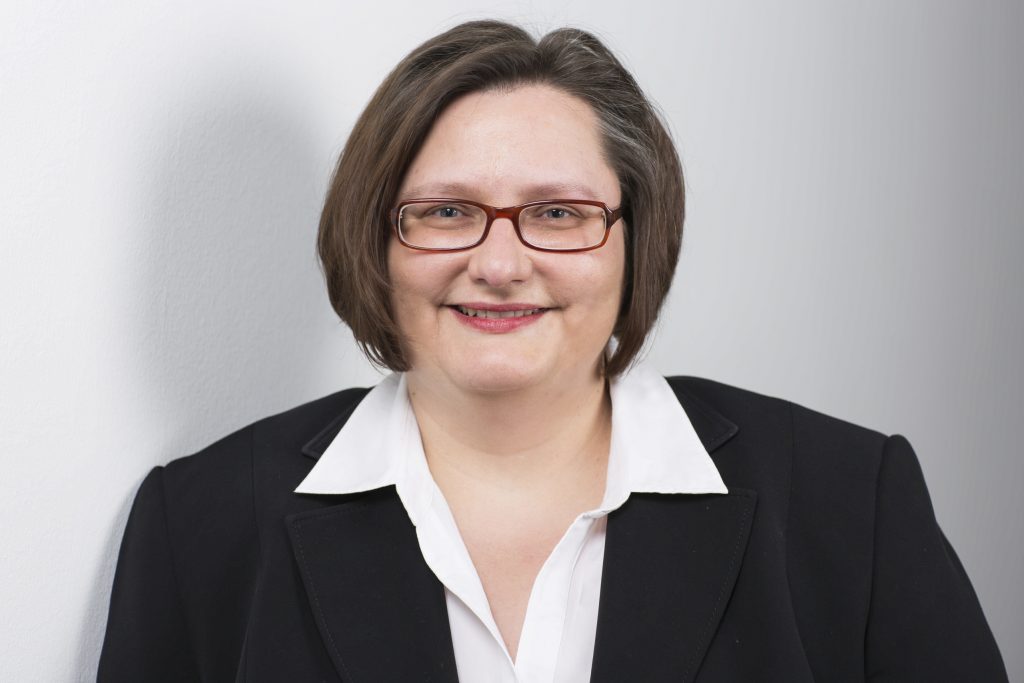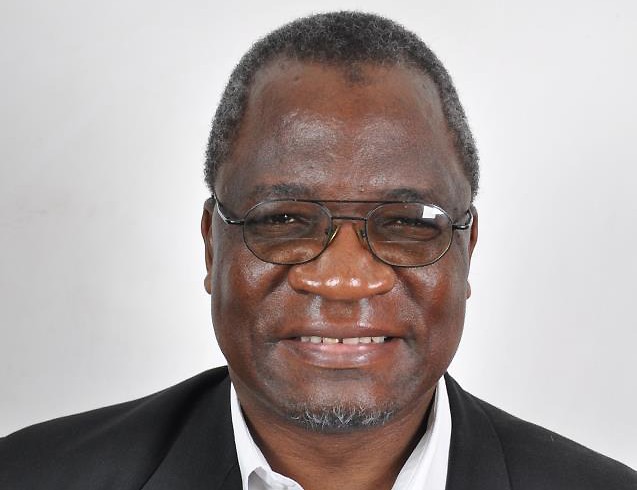Mugabe “Increasingly Frail and Indecisive”
In the midst of factional struggles over Mugabe’s unresolved succession, we talked with political scientist Lloyd M. Sachikonye about the legacy of political violence and his hopes for Zimbabwe’s future.
BTI Blog: After more than three decades, 92-year-old Robert Mugabe is still Zimbabwe’s strongman. Does his extraordinary capacity to maintain his grip on power constitute the country’s main problem?
Sachikonye: Robert Mugabe is, next to Angola’s Eduardo dos Santos, Southern Africa’s longest-ruling authoritarian leader. In Zimbabwe, Mugabe has used guile, patronage and state power to reward his supporters and subdue his opponents. Increasingly frail and indecisive, he today shows a diminished capacity to handle the issue of leadership succession that has fueled intense factionalism in his Zanu PF party, especially in the past two years.
BTI Blog: Along with paving the way for elections, the constitution adopted in May 2013 could have provided an opportunity to break with past human- and civil-rights violations and establish a more democratic system. However, most provisions have yet to be implemented. What are the obstacles?
Sachikonye: The constitution adopted in 2013 was a product of interparty consensus under the Government of National Unity (GNU), which included Zanu PF, MDC and MDC-T. It is a more progressive constitution than its predecessor. However, despite its large majority in parliament, the ruling Zanu PF has been slow to implement the document’s provisions and to align existing laws with the new constitution’s spirit and letter. After three years, some newly envisaged commissions still have not been made operational. The government lacks the political will to engage in swift implementation of the provisions relating to reconciliation and justice.
BTI Blog: In your work, you have noted the trauma inflicted on Zimbabwean society by the country’s history of political violence. How does this affect citizens’ views on political participation? How can transitional justice be achieved?
Sachikonye: The combination of intimidation and violence during the 2008 election process instilled apathy and fear within the electorate. Although the 2013 election was relatively peaceful, the state and party institutions previously used to mobilize votes for Zanu PF continue to inspire deep-seated fear and uneasiness, particularly in rural areas. In addition, many still believe that voting for opposition parties will result in being cut off from access to infrastructure, agricultural inputs and other state-provided services. Civil society groups and opposition parties have created a strong lobby for transitional justice. The new constitution envisages a National Peace and Reconciliation Commission as a means of ensuring post-conflict justice, healing and reconciliation after years of political division and violence. However, the government has been slow to set up this commission. Three years after the constitution’s adoption, it has not yet become operational.
BTI Blog: Despite a dire economic situation and an urgent need for reforms, the ruling Zanu PF party seems paralyzed by factional struggles over Mugabe’s succession. His wife, Grace, took the political stage in 2014. What are her ambitions? What repercussions could this internal party strife produce?
Sachikonye: The factional struggles reached a climax in December 2014 with the expulsion of Vice President Joice Mujuru and other senior allied politicians. This faction was originally formed by Mujuru’s late husband, Solomon, in the early 2000s. Following that expulsion, another faction called Generation 40, or G-40, formed to check the ambitions of a third faction associated with Emmerson Mnangagwa, who replaced Mujuru as vice president. The role that the president’s wife, Grace, played in marginalizing the Mujuru faction suggested that she might harbor political ambitions of her own. She has staged further political rallies using her powerful position as secretary of the Zanu PF Women’s League. On several occasions, she has stated that perhaps neither of the vice presidents would automatically be elected president of the party and government. As the most serious internal crisis in Zanu PF’s 53 years of existence, the factional struggles are fragmenting and weakening the party. However, it remains unclear whether opposition parties and the Mujuru faction can turn this to their advantage in the 2018 election.
BTI Blog: Following its electoral defeat, the Movement for Democratic Change (MDC) split and is today deeply fragmented. Is there any chance of the opposition uniting to push for reforms? What are your hopes for Zimbabwe’s future?
Sachikonye: Opposition parties are indeed taking a long time to regroup in advance of the 2018 poll. One possibility could be a grand electoral alliance between the MDC parties and the People First party envisioned by the Mujuru faction. Such a coalition could offer a reformist program presenting an alternative to the authoritarian policies espoused by a faction-ridden Zanu PF, whose economic-development record leaves much to be desired. With its deep human capital and vast natural resources, the country holds great potential for a recovery in which it consolidates its role as economic powerhouse and developing democracy.
Interview: Sabine Donner
Lloyd M. Sachikonye is Professor at the Institute of Development Studies at the University of Zimbabwe, where he researches employment policy, democratization and governance. Sachikonye has advised the African Union, the International Labour Organization (2007–2009) and the U.N. Economic Commission for Africa (2011–2012). He serves on the editorial boards of nine international journals, including Africa Development and the Review of African Political Economy. Lloyd holds a PhD in political science from the University of Leeds and has been a member of the Transformation Thinkers network since 2005.
Photo: Back copies. Visit to The Chronicle & The Sunday News office in Bulawayo, Zimbabwe, by David Brewer, via flickr.com, CC BY-SA 2.0


